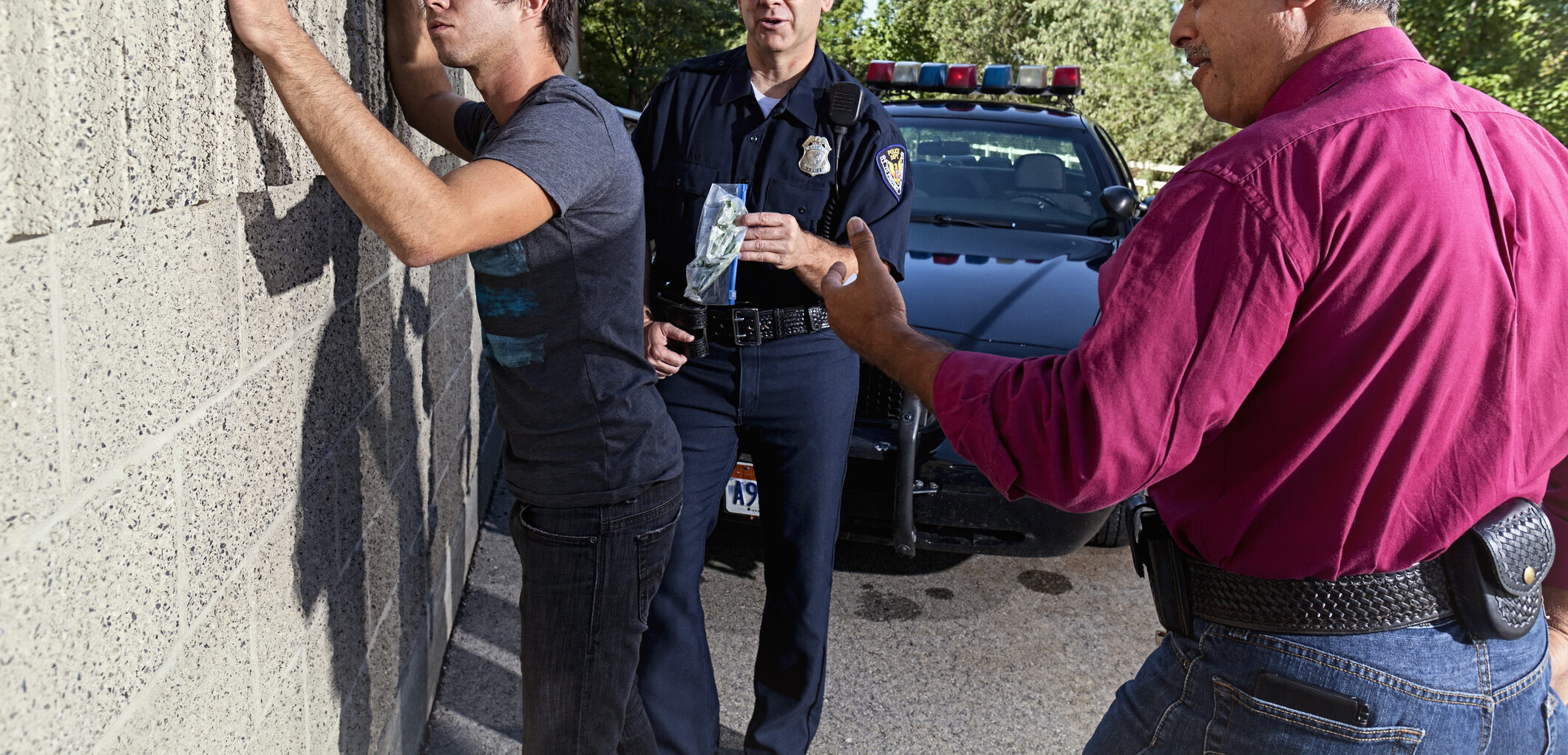Child Protective Services (CPS) is a government agency organized under the Texas Department of Family and Protective Service. The stated mission of CPS is to protect Texas children from abuse and neglect by providing protective services, foster care, and adoption services.
This stated mission is certainly important. However, in practice, CPS frequently violates the constitutional rights of parents and breaks up families without appropriate cause. If CPS is investigating you, they are not your friend — and they are not there to help you. They can take your children away from you if you aren’t careful.
A criminal defense attorney can make sure that the State respects your rights and doesn’t take advantage of you.
What Offenses Can Lead To A Cps Investigation?
There are two main grounds for a CPS investigation:
- Child Abuse
- Child Neglect
When someone reports child abuse or neglect in Texas, Child Protective Services will open a formal investigation. If the investigation reveals abuse or neglect, CPS can take your child and place them in foster care. Additionally, the state can impose serious criminal penalties for the same misconduct, depending on the severity and type of conduct alleged.
Child Abuse is a term that encompasses many different kinds of conduct under the Texas Family Code, including:
- Allowing or encouraging a child to engage in sexual conduct or pornography
- Causing physical, mental, or emotional injury to a child
- Committing sexual conduct against a child
- Failing to make reasonable efforts to protect a child from physical or sexual abuse
Child neglect includes:
- Failing to provide shelter, food, and clothing
- Failing to obtain medical care for a child
- Failing to protect a child from situations likely to cause physical, mental, or sexual harm
CPS investigations are considered family or civil law matters; they seek civil remedies to protect children rather than criminal penalties. However, CPS works hand in hand with law enforcement and can hand off investigations at any time.
What Is The Cps Investigation Process?
CPS investigations typically follow a set process.
The investigation will normally consist of:
- Interviewing parents and possible witnesses
- Interviewing the child
- Home visits
- Criminal record checks
- Requesting medical or psychological examination of the child
CPS attempts to complete investigations within 30 days but will extend investigations if needed. You have the right to an attorney throughout the process.
What Happens After A Cps Investigation Is Over?
Once the investigation is complete, CPS must share information about child abuse with law enforcement. Then, the CPS worker must make a finding about the safety of the child.
The CPS worker can make two different findings:
- The child will be safe from abuse or neglect in the future. In this case, they find the parents did not abuse or neglect their child in the past. Or, they find the parents are willing to use community resources to make sure abuse or neglect doesn’t happen again; OR
- The child is not safe from future abuse or neglect. They make this finding if there are serious problems of neglect or abuse — and the family appears unable or unwilling to prevent future harm.
If the CPS worker determines the child is reasonably safe, no action is required and the CPS case can be closed.
If CPS determines the child will be unsafe in the future, they will recommend further action, including:
- Offering social services to help ensure child safety
- Removing children from the home temporarily without a court order
- Removing children from the home permanently through civil proceedings and termination of parental rights (TPR)
TPRs, i.e., having your children taken away, is considered “the death sentence of family law.”
What Criminal Penalties Can Result From A Cps Investigation?
The criminal code defines child abuse as an action causing serious bodily injury, serious mental injury, and bodily injury to a child. Criminal liability for child abuse or neglect varies depending on the severity of a child’s alleged injury.
Under Texas Penal Code Section 22.04, a person may commit child abuse in four ways: intentionally, recklessly, knowingly, or with criminal negligence. This means the State has many different ways to prove its case against you.
Penalties for a conviction for Criminal Child Abuse under Section 22.04(A) include
- First Degree Felony: Minimum of 5 years in prison, maximum of 99 years in prison
- Second Degree Felony: Minimum of 2 years in prison, maximum of 20 years in prison
- Third Degree Felony: Minimum of 2 years in prison, maximum of 10 years in prison
Remember, you have important due process rights that CPS must observe while investigating and acting on a report of child abuse or neglect. Edgett Law Firm takes TPR and Child Abuse or Neglect cases incredibly seriously. We know your children mean everything to you, and we will do everything we can to help.
If Child Protective Services is investigating you, contact the Edgett Law Firm today to discuss your rights.
To learn more, call our criminal defense law firm at 972-525-4963 or visit our contact us page to send us an email.
 Call Us Now
Call Us Now Email Us Now
Email Us Now

